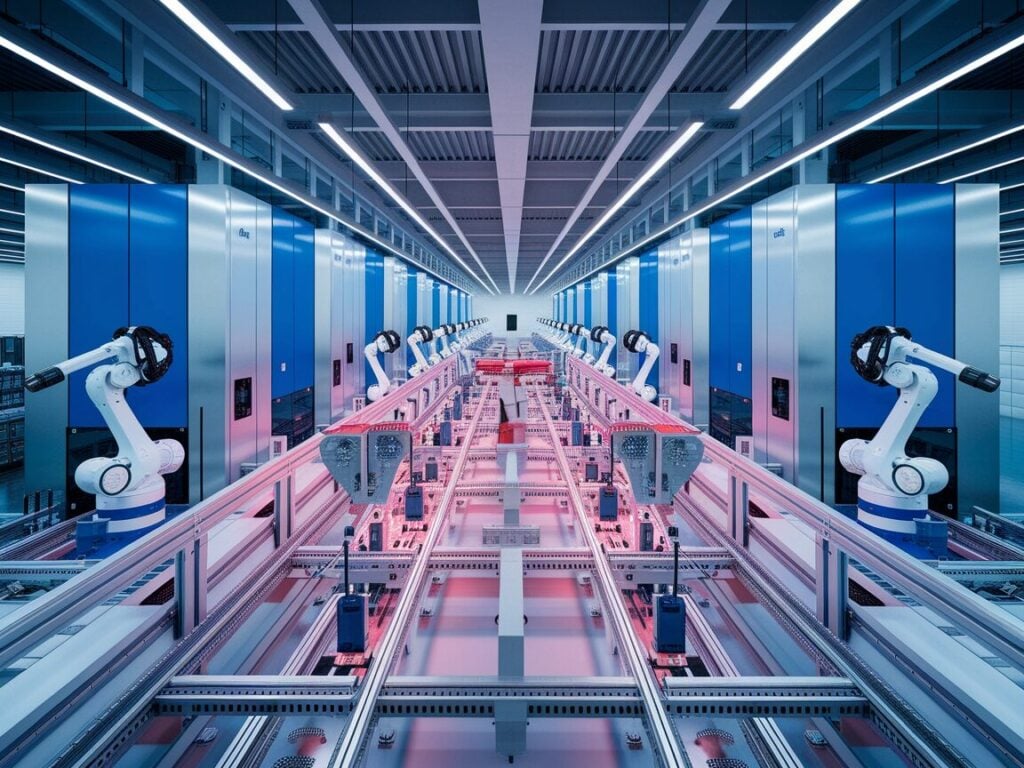New research from the University of Birmingham has shed light on how managers’ attitudes towards the hybrid work model have changed as a result of the pandemic. Surprisingly, the findings reveal an increasingly positive outlook on the benefits of remote and flexible working.
The researchers surveyed 597 UK managers from a wide variety of industries and company sizes; three-fifths came from organizations with over 250 employees.
Improved productivity, increased motivation, and better performance
- The survey found that 52% of managers agreed that working from home improves concentration, 60% said it improves productivity, and 63% stated it increases motivation. This is a significant shift in attitude, as there has long been a perception that working from home can be a distraction, leading to a lack of productivity and motivation.
- The study also revealed that more than seven in 10 (73%) managers felt that giving employees flexibility over their working hours increased productivity, while 60% said the same for working from home. This suggests that managers are starting to recognize that giving employees more control over when and where they work can lead to better performance.
How does the future of remote and flexible work look like?
When it comes to the future of remote and flexible working, the study found that 55% of managers said roles would be advertised as available for flexible working, compared with 50% reporting this in 2020. This indicates that organizations are becoming more open to the idea of flexible working and are beginning to see it as a long-term solution, rather than a temporary measure.
Moreover, 90% of managers said that mentioning the availability of flexible working in job advertisements would make them more attractive to candidates. It seems that remote and flexible working has become a key consideration for many job seekers, especially in the post-pandemic era.
What are todays challenges?
- Another key finding from the study is that managers are becoming more aware of the challenges of remote and flexible working. For example, 61% of managers agreed that working from home can lead to feelings of isolation and loneliness. This highlights the importance of addressing these issues and finding ways to maintain team cohesion and collaboration when working remotely.
- One solution to this is to make use of technology to stay connected and collaborate with team members. Video conferencing, instant messaging, and project management tools can all be used to keep in touch and work together, even when team members are working from different locations. Additionally, leaders can also provide regular check-ins, create virtual social interactions, and encourage team members to set up virtual coffee breaks to combat loneliness and isolation.
Does remote work disrupt the Work-life balance?
Another important aspect of remote and flexible working is work-life balance. The study found that 57% of managers agreed that working from home can blur the lines between work and personal time, which can lead to burnout and stress. It is crucial for leaders to promote a culture of healthy boundaries and encourage employees to take breaks and switch off from work during non-working hours. This can be achieved by setting clear expectations for availability and response times and creating a supportive environment for employees to have a good work-life balance.
We can help you find the best talent! Contact us today

What managers need to know
- It is also worth mentioning that cognitive biases can also play a role in remote working environment, as working from home can limit employees’ exposure to diverse perspectives, leading to a lack of creativity, innovation and teamwork. Managers should be aware of these biases and take steps to mitigate them, such as promoting virtual interaction and collaboration, fostering a culture of feedback, and providing training on how to work effectively in a remote team.
- It is essential for leaders to recognize that remote and flexible working is not a one-size-fits-all solution. Different employees may have different needs and preferences when it comes to working from home, and it is important to offer a variety of options and accommodations. For example, some employees may prefer to work in a dedicated home office, while others may prefer to work in a shared office space or a co-working facility. The key is to be flexible and open to different possibilities, and to support employees in finding what works best for them.
Limitations of this research
However, it is important to mention that the study might be limited by the fact that the participants were from United Kingdom and managers from other parts of the world may have different perspectives and experience. Therefore, it is essential for the leaders to conduct their own research or surveys to understand how remote and flexible working is impacting the employees in their own organization. Additionally, it is also important to recognize that remote and flexible working is not suitable for every job and it is important to consider the nature of the work, the team structure and the cultural context of the organization.
That’s why when I work with my clients to help them customize a hybrid work model to their needs, we always start with a thorough survey and focus groups of their employees. Each of the 21 organizations that I helped transition over the last two years had different needs and concerns depending on their industry and position in it, as well as their internal organizational culture. So while using external benchmarks such as this study is a crucial start, the next step involves adapting such research to the needs of each company.
Is the Hybrid Work Model right for your Business?
In summary, the study from University of Birmingham has revealed a shift in attitudes towards remote and flexible working among managers, with many recognizing the benefits and the potential for increased productivity and motivation. However, leaders must also be aware of the challenges and potential cognitive biases that come with remote and flexible working and take steps to mitigate them. It is crucial for leaders to strike a balance between the advantages and disadvantages of remote and flexible working and make the necessary changes to support employees, drive performance and create an inclusive culture.
ARTICLE BY: Dr. Gleb Tsipursky – Forbes | Published: 01/13/2023






